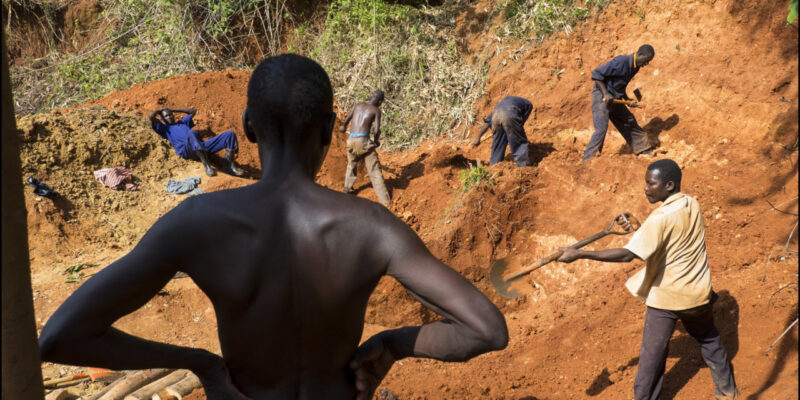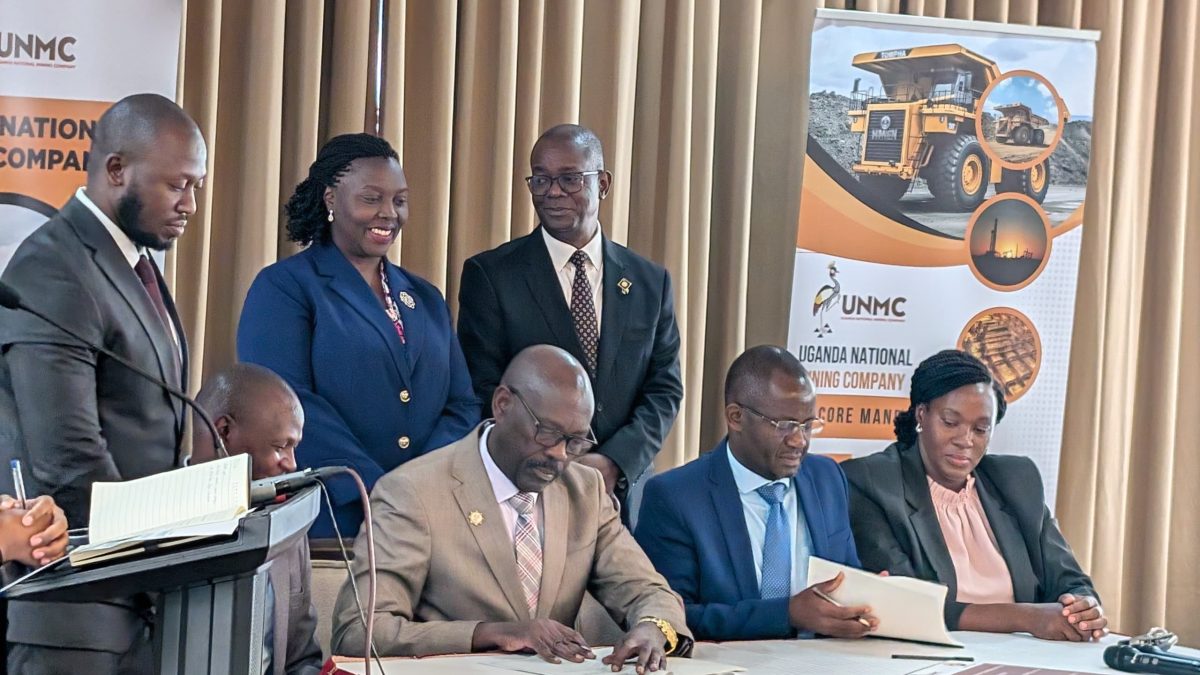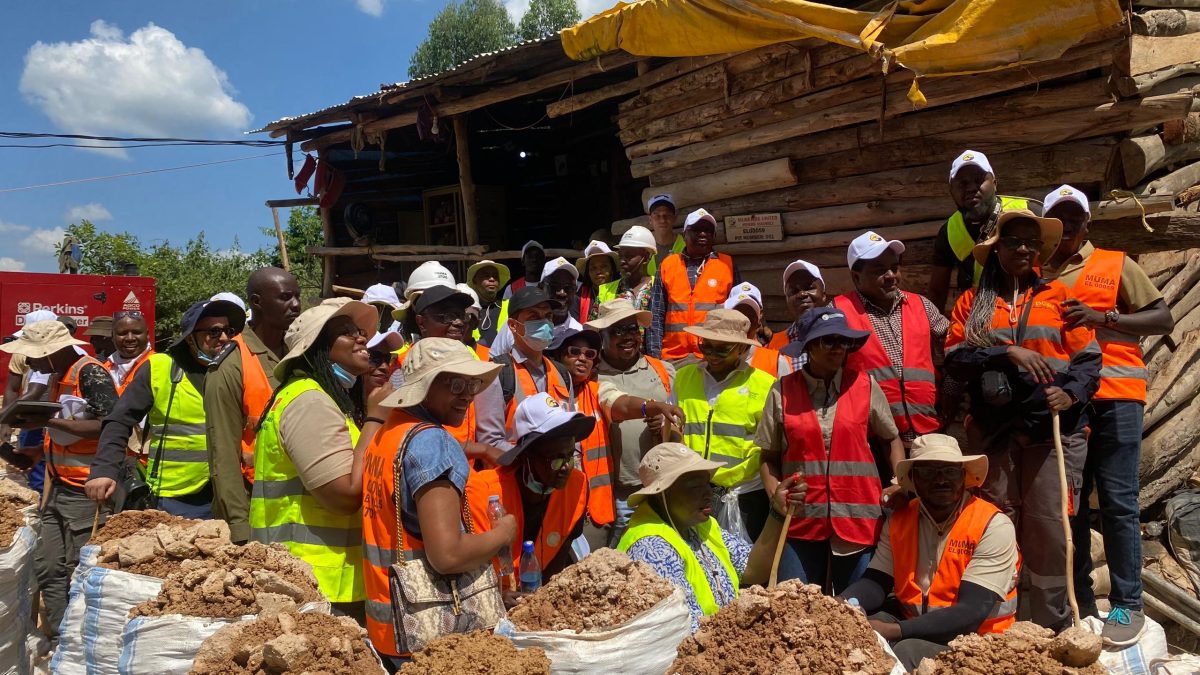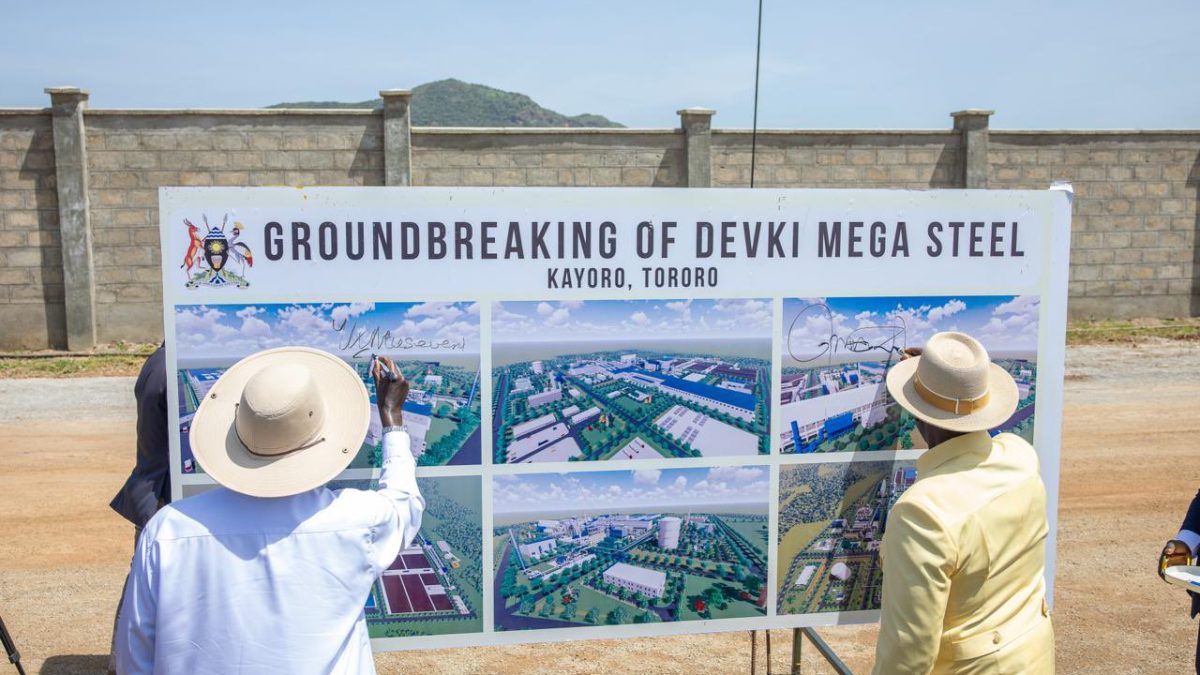
Passed in October 2022, Uganda’s new Mining and Minerals Act was meant to jump-start the country’s ambitious journey towards becoming a competitive mining destination.
However, today the Act is yet to be fully operationalized as most supporting regulations are still under development – putting on hold potential investments, jobs and revenues, as a result, according to industry observers.
It is the reason why the Natural Resource Governance Institute (NRGI), Advocates Coalition for Development and Environment (ACODE), and the Civil Society Coalition on Oil and Gas (CSCO), chose to put together a team of experts drawn from various civil society organizations (CSOs) to analyze the legislative and regulatory landscape of the country’s mining industry and produce a consolidated position paper that addresses the technical and policy gaps therein.
The paper will also include actionable recommendations to concerned government entities including ministries, departments and agencies (MDAs), says Bwesigye Don Binyina, the Executive Director, Africa Centre for Energy and Mineral Policy (ACEMP) and a mineral policy analyst who was speaking on behalf of the technical working group, at a consultative meeting in Kampala recently called to fine-tune the CSOs’ views.
In legislation, laws provide the overall framework while regulations detail how those laws are applied and followed.
So far, only licensing regulations, the Artisanal and Small-Scale Mining (ASM) ones and those guiding the export of refined gold, processed vermiculite, sponge iron and iron ore, have been passed.
In addition, a statutory instrument has also been enacted that has seen Uganda adopt the Regional Initiative against the Illegal Exploitation of Natural Resources (RIMLA) in line with the International Conference of the Great Lakes Region (ICGLR) Act.
However, several crucial regulations remain pending including those related to the government laboratory and mining sciences, community development agreements, local content, inspection, monitoring and enforcement, safety, health and environmental, beneficiation and processing, mineral markets, geothermal resources for development and to the handling of radioactive and hazardous materials.
“The earlier we get these regulations in place, the better since they contain key provisions related to licensing, fiscal policy, revenue sharing and community engagements,” says Binyina.

Binyina (standing) makes a point at the consultative forum
Other additional shortcomings the CSOs team has identified include: missing fiscal regulations that clearly define royalty rates, tax incentives and exemptions plus a lack of oversight on tax holidays, which are currently granted at the Minister’s discretion without a clear eligibility framework.
The CSOs are asking for rules to define who gets a tax holiday and why, noting that the policy is open to abuse in its current state.
They are also proposing an electronic system for royalty returns to improve transparency and speed.
Delays in licensing due to poor inter-agency coordination and lack of performance targets, has also been noted. So too is the weak integration of technology transfer, especially in areas tied to critical minerals.
The CSOs also want the government to consider developing a modern, locally managed online mining cadastre as the current one is regularly slowed down by its foreign owners whenever payment of the hefty subscription fees is delayed.
A general perception among artisanal miners that the new law and regulations had created exorbitant licensing fees and other financial obligations for the different mineral rights, has also been observed.
The Environmental and Social Impact Assessment (ESIA) certification fees were excessive for small-scale operations for one, they noted.
Indeed, in May this year, John Bosco Bukya, the chairperson of the Uganda Association of Artisanal and Small Scale Miners (UGAASM) told this website that at least $10,000 (about UGX 37 million) was required to hire a consultant to carry out a thorough ESIA – money that the artisanal miners find quite exorbitant to put up.
He noted that an Environmental Management Plan (common in Tanzania with ASMs) would be a more affordable and practical alternative to the ESIA requirement.
“The government should undertake market studies to determine the commercial and environmental thresholds for different licenses. These studies should assess capital expenditures, operating costs, ore grades and return on investment projections among others; so as to inform reasonable fees that will not deter investment,” Binyina advised.
A similar study was commissioned for the building materials sub-sector he added, which could serve as a model for broader application in the mining industry.
Other proposals included: establishing a training institute to address the skills gap in the industry, similar to models used in Zambia, creating a professional body to regulate and accredit practitioners in the sector plus improving monitoring and evaluation frameworks to assess regulatory compliance and effectiveness over time.
“We hope government takes our recommendations in good faith and adopt them to improve the regulatory framework. After all we all want to see Uganda’s mineral wealth transforming the economy,” noted Binyina.
Weighing in, Humphrey Asiimwe, CEO, Uganda Chamber of Energy and Minerals (UCEM), recounted how the private sector had actively engaged Parliament during the drafting of the mining and minerals bill, only to find their recommendations largely omitted in the final text.
“We already knew we were going to get a raw deal from the law but always hoped that the regulations that would follow would provide a predictable investment environment. So it’s important that these regulations are put in place and are fast-tracked,” he said, noting that having a law without regulations was akin to buying a car lacking a steering wheel, since in either case, one would be stuck.
Normal Procedure
The meeting was told that a government official had in the past admitted at a similar stakeholder gathering that the timely delivery of regulations was not assured because no one within the Ministry of Energy and Mineral Development had been specifically assigned that responsibility as an action point.

Bateebe: No cause for alarm
However, Irene Bateebe, the Permanent Secretary, at the Energy Ministry had another explanation altogether when this website contacted her, noting:
“Regulation development is done in liaison with the First Parliamentary Counsel (FPC) of the Ministry of Justice and it takes clear steps of drafting and consultation.”
Adding, “The Ministry continues to work with the FPC accordingly to ensure the key regulations are in place. Today with the general licensing and ASM regulations in place, miners are able to undertake their work unhindered, as additional regulations are processed.”
Bateebe was of the view that the CSOs and the private sector formally raise their concerns with the Ministry and they would be addressed.
Indeed the CSOs intend to convene a multi-stakeholder meeting involving the Ministries of Energy, Water and Finance, UCEM and other stakeholders to present their position paper, in the coming weeks.









